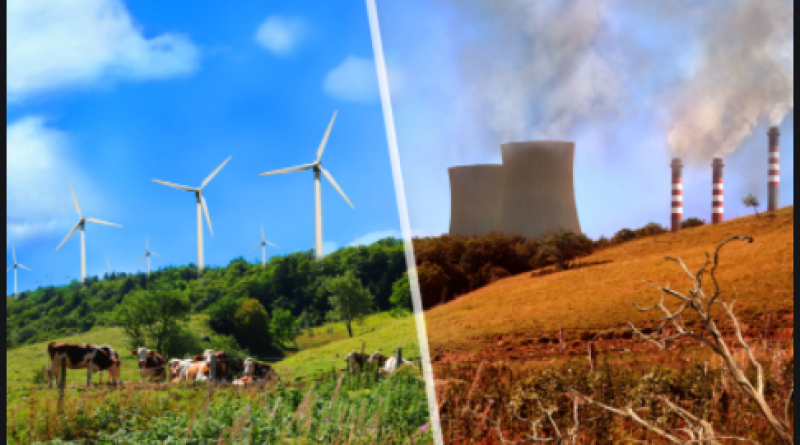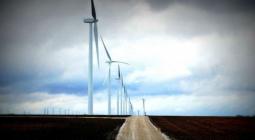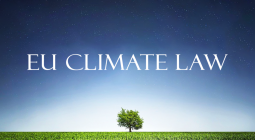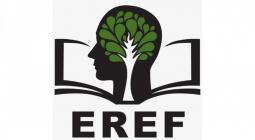EREF:Commission’s new proposed guidelines on State aid for climate, energy and environment are still incomplete and unfit for the green transition

The European Commission has launched yesterday a targeted public consultation on the proposed revision of the Guidelines on State aid for environmental protection and energy (“Energy and Environmental State aid guidelines” or “EEAG”). To highlight the increased importance for the implementation of the Commission’s top priority, the European Green Deal, the revised guidelines will go under the name of Climate, Energy and Environmental State aid guidelines (“CEEAG”).
Despite this intention, the Commission has unfortunately failed to fully recognise the revision of the Guidelines on State aid for climate, environmental protection and energy as one of the most important tools in achieving the goal of net-zero by 2050.
The current draft of the CEEAG has removed the dedicated category of aid for supporting renewable energies, and has instead created an overarching category dedicated to the reduction of greenhouse gas emissions. While the title of the category of aid may have been adjusted to include “support for renewable energy”, the issues within this category persists. In particular, the inclusion and mixing of “low-carbon” technologies with renewables. This in effect leaves the back door open for nuclear and fossil fuels, through the inclusion of hydrogen and carbon capture storage and utilisation, to continue to receive support from Member States.
The draft CEEAG also fails to recognise the crucial role of smaller market players, such as energy communities and SMEs, in the energy transition. There is no mention of these market players throughout the text, nor has any dedicated category of aid been set up to assist them in gaining access to financial support. Energy communities and SMEs do not have the same access to capital financing as companies, therefore, auctions without specific measures for these market players are a distortion between competitors. The current draft of the CEEAG in fact makes it more difficult for energy communities and SMEs to gain access to financial support, as they will now be competing against “low carbon” technologies, as well as bigger market players. The draft leaves Member States without guidance, and energy communities and SMEs without the necessary support.
EREF, speaking out for Europe’s independent renewable energy producers for nearly 25 years, insists that climate action cannot be fierce nor vigorous enough. Consequently, EREF puts forward the following recommendations lawmakers should bear in mind when revising the Guidelines on State aid for climate, environmental protection and energy -which would ensure alignment with other EU legislation and help deliver on the EU’s climate agenda:
· Establish a dedicated category of aid for renewables and energy efficiency, recognising their importance and setting out the necessary ambition to enable massive public investment.
· Technology-specific aid must be the rule, not the exception. Technology neutral schemes including auctions should be required to provide special reasoning for their necessity, such as by demonstrating their positive impact.
· Under the current draft CEEAG, the threshold for an exemption from the bidding process is too low, and contradicts the Green Deal and net-zero ambitions. The threshold must be increased in order to facilitate renewable deployment and development of renewable technologies.
· Remove all reference to “low carbon” technologies, as this will be used by nuclear and fossil fuels to gain a foothold in the CEEAG.
· Include a dedicated category of aid for energy communities and SMEs, whereby barriers such as mandatory auctioning are removed, allowing Member States to provide dedicated support.
· Co-generation based on non-renewable sources must not be granted any aid.
· Renewable sourced hydrogen production has the possibility of complementing renewable deployment in the energy transition, therefore should be included under the CEEAG. However, all other sources of hydrogen should be excluded from the CEEAG, as this will allow fossil fuels and nuclear to benefit from continued support from Member States and drastically slow down the energy transition.
EREF Director Dr. Dörte Fouquet underlines that “there is no time to lose with unfriendly State aid guidelines that discourages rapid uptake of renewables and causes further delay in reaching our climate goals. DG Competition and the European Commission in general have to recognise their public service obligation to enable this pathway rather than to restrict or to burden it with low carbon mythologies. Only renewables and energy efficiency can deliver the ambitions of the Green Deal in a rapid timeframe. ”.
The draft guidelines will now be open for public consultation until the 2nd of August 2021.
For more information, please contact
8 June 2021
EREF




